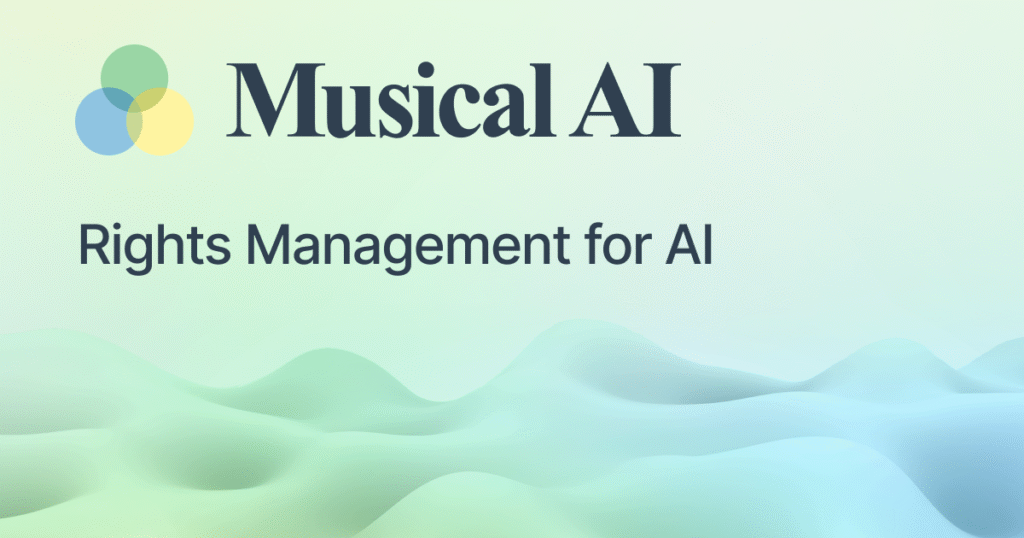The world of music is rapidly evolving, and artificial intelligence is playing a major role in that transformation. From AI-generated beats to virtual artists, the industry is being reshaped in ways we could hardly imagine a decade ago. But along with these exciting developments comes a new challenge—how do we manage music rights and royalties in this AI-driven landscape?
We’re no longer in the age where creating music requires a full studio setup or a team of producers. Now, AI makes music in minutes using Adobe Express, allowing anyone with a creative spark to bring their ideas to life. But with such accessibility comes the question: who owns the music, and how do creators get fairly paid?
Let’s explore how AI can improve music rights management and offer a smarter approach to royalties.
The Traditional Music Rights Tangle
Before diving into AI solutions, it’s important to understand the problem. Traditional music rights management is complex. Songs often have multiple rights holders—composers, lyricists, performers, producers, and record labels. Every time a track is played on the radio, streamed online, or used in a film, royalties are supposed to be split among these stakeholders.
Unfortunately, inefficiencies plague this system. Delays in payments, lack of transparency, disputes over ownership, and incorrect metadata are just some of the issues artists face.
Key stats to note:
- A 2022 Music Business Worldwide report stated that over $2.5 billion in music royalties go unclaimed every year.
- Misattribution due to incorrect metadata is a top reason artists don’t get paid.
Enter AI: Smart Tracking and Royalty Distribution
AI’s potential to clean up the messy world of music royalties is huge. Here’s how:
1. Metadata Management Made Easy
AI can accurately identify and tag music files with the correct metadata—title, genre, artist name, collaborators, and more. This ensures that all contributors are credited correctly when a song is played or licensed.
Actionable Insight: Artists and producers should use AI-powered metadata platforms to ensure their tracks are properly tagged before distribution. Tools like Musixmatch AI and Aiva already help creators enhance song data and reduce the risk of lost royalties.
2. Real-Time Royalty Tracking
AI systems can scan digital platforms, social media, and streaming services to monitor how often a song is played. This allows rights holders to receive more accurate, real-time royalty payments.
Example: IBM’s Blockchain-based music rights solution uses AI to track plays and automate smart contracts that instantly distribute royalties.
3. Smart Contracts via AI and Blockchain
Smart contracts are self-executing digital agreements. When combined with AI, these can automatically trigger royalty payments every time a song is streamed, downloaded, or used commercially—removing the need for intermediaries.
Actionable Insight: Independent musicians and labels can explore platforms like Audius or Ujo Music, which use AI and blockchain to simplify royalty distribution.
AI-Generated Music: Who Owns the Rights?
As AI tools continue to compose original music, the issue of ownership becomes even murkier. If an AI generates a melody, does the developer own it? The user? Or is it in the public domain?
Laws around AI-generated content are still developing, and different countries interpret ownership differently. However, platforms like Adobe Express, which allow users to creatively guide the AI, often assign rights to the user, similar to traditional content creation tools.
Pro Tip: Always read the terms and conditions of AI music platforms. Some grant full ownership to users, while others may retain partial rights.
A Future-Proof Approach to Music Rights
The fusion of AI and music isn’t just a passing trend—it’s a long-term shift. For the industry to adapt, we need transparent, tech-driven systems that prioritize creators.
Here’s what a better royalties system could look like with AI:
- Transparent Metadata: AI ensures every track is tagged and credited correctly.
- Instant Payments: Smart contracts distribute royalties in real-time.
- Global Tracking: AI monitors platforms worldwide for usage data.
- Creator Control: Musicians retain ownership, even when using AI tools.
Final Thoughts
AI isn’t just changing how music is made—it’s redefining how artists get paid. With better tracking, faster payments, and fewer middlemen, AI has the potential to create a fairer system for all music creators. Still, the industry must work together—tech platforms, artists, and lawmakers—to build clear rules and ethical standards.
Whether you’re an aspiring beatmaker using AI to make music in minutes using Adobe Express or a label manager dealing with complex royalties, embracing AI might just be the key to a smarter, more equitable music industry.

